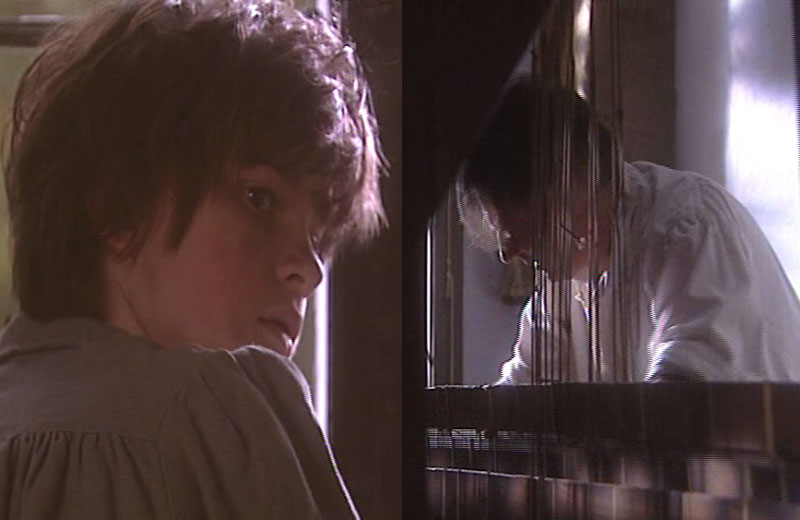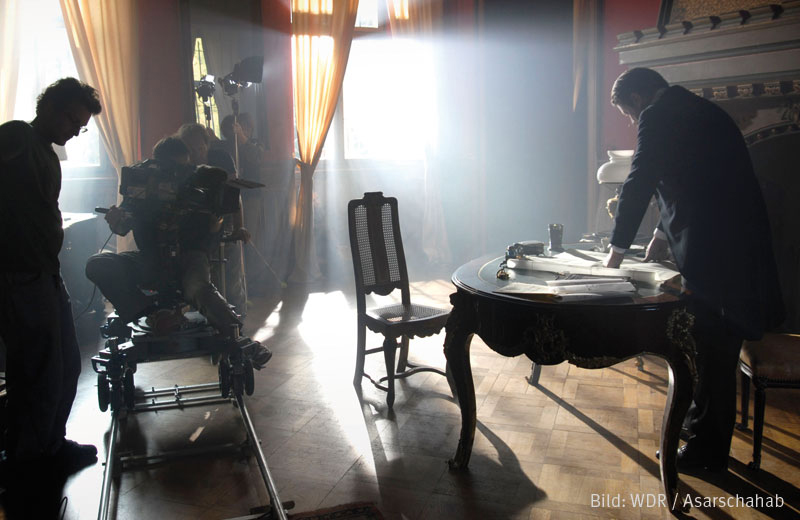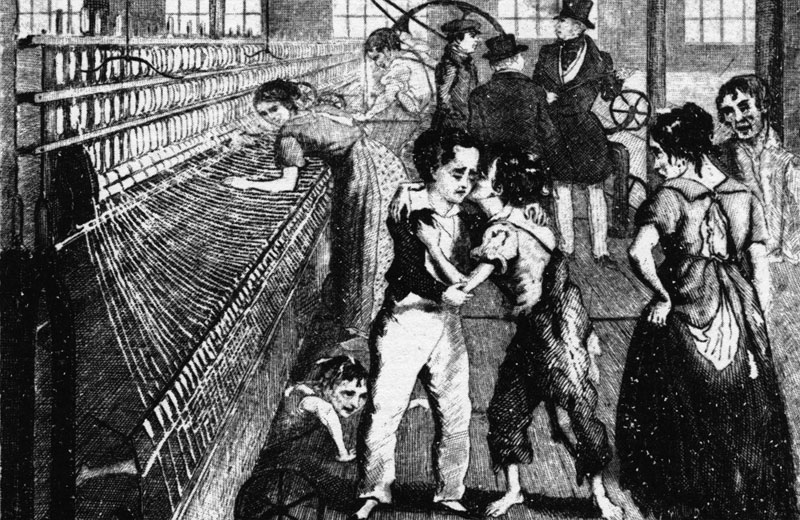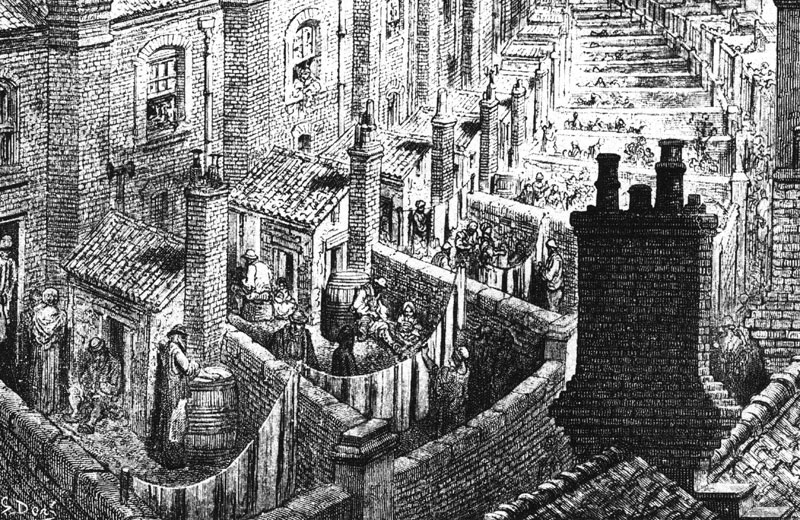Hermann Enters, a German emigrant, dies in Milwaukee, Wisconsin in 1940. He leaves behind a unique document: the story of his life, written down for his siblings in Germany. Therein, he depicts his childhood as the son of a ribbon weaver in the Bergisches Land region around 1850.
In the early 19th century, the region around the river Wupper’s valley is regarded as the “German Manchester”: factories are being built up, water wheels erected, and steam engines constructed everywhere one looks. Among the industrial pioneers is the Reformed Friedrich Engels (1796-1860), whose son by the same name later becomes a cofounder of communism. In 1838, Engels Senior founds a textile factory in Engelskirchen and becomes wealthy – also with the help of child labor.
Meanwhile, Hermann Enters experiences the downside of industrialization. His father can barely feed his family, despite working long, hard hours. Instead of becoming a commercial apprentice, Hermann Enters’ parents sell him to a locksmith in exchange for a new furnace.
Based on the written sources of both of these two protagonists, the film portrays their life stories between 1856 and 1862. The film’s parallel narrative structure emphasizes the differences between the living and working environment of the business and working class.
Production: Cinecentrum GmbH Hamburg, commissioned by WDR/SR.
For more information: https://www.cinecentrum.de/produktionen/staehlerne-zeit/




